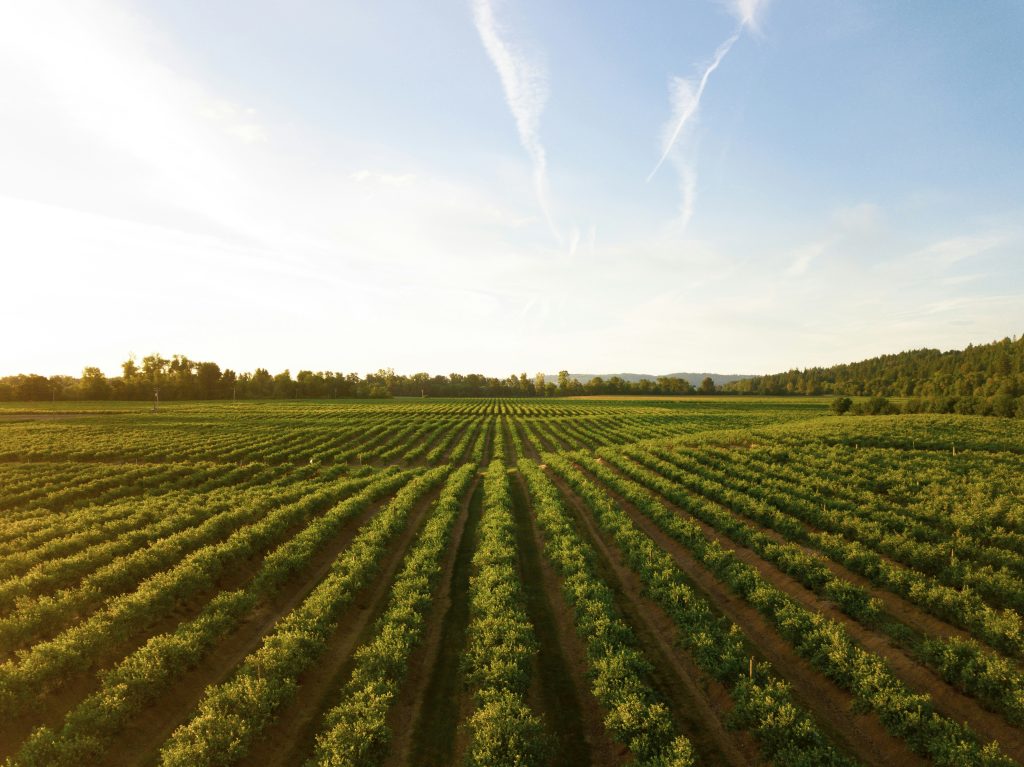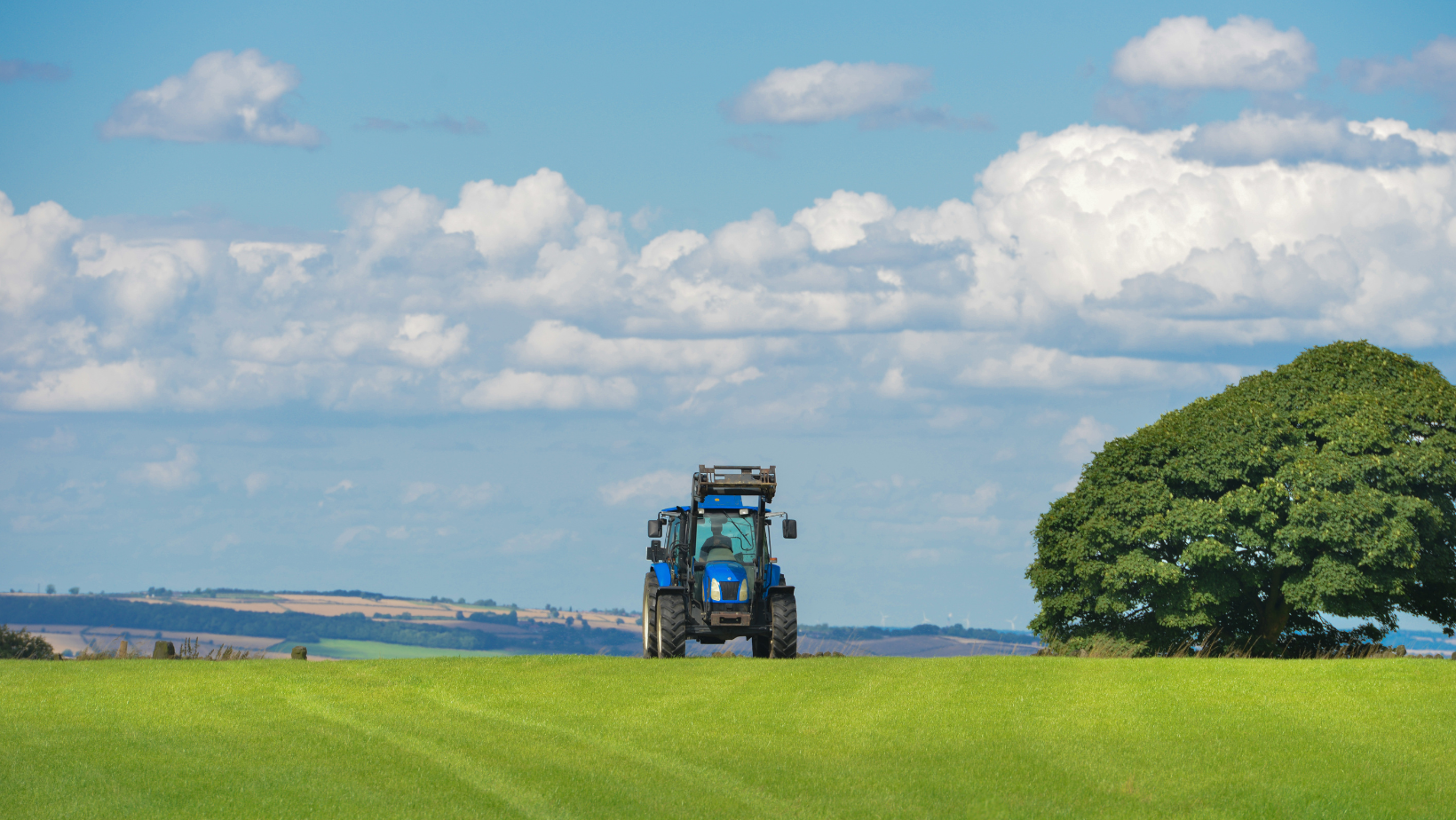
The agricultural industry is one of the most important sectors of the Northern Devon economy. Whilst it is not the biggest generator of economic activity, it is a fact that a successful farming industry is critical to almost every aspect of our daily lives. We learnt during foot and mouth how extensive the impact of agriculture is. During that period of lockdown, we established that every farm had a relationship with around (mostly local) 25 other businesses. Agriculture is therefore a key driver of many of our staple industries.
The farming industry has been through a rollercoaster over the last few years. Brexit was a difficult moment. In part, the farming industry was keen to get rid of red tape and the burden of bureaucracy. In practice, however, many of the most valuable grant schemes, that have helped the agricultural industry, came through the European support programmes. These funding streams have now disappeared. Brexit has also meant that many of the well established trading markets with near Europe are having to be reinvented.
All this is both disruptive and time consuming for the sector. It also remains the case that farming is hugely vulnerable to the forces of nature. Northern Devon is no stranger to wind and rain. The last few years however have proved to be even more testing than normal, with major increases in rainfall. Most recently, up to a 300% increase from last year. Our meteorologists tell us that we should get used to these weather extremes. The implications for normal farming practices are however highly significant, with access to the land being severely constrained and the need for stock rearing to be conducted indoors, with major implications for feed costs and management.
The government has also been conducting a major change in the way in which the farming industry is supported. The traditional method, through Basic Farm Payments, is being phased out and replaced by Payment for Environmental Services. The main plank of this policy is delivery through the Sustainable Farming Incentive. It is however a simple fact that over 60% of our farmers relied upon Basic Farm Payments just to break even or make a small profit, without this the viability of farming becomes extremely marginal. Many farmers are taking early retirement. Far too many farms have no succession plan. The average age of our farmers is creeping close to 60 years old. It is the case that more farms are now being sold to non-farmers, than to farmers.
The inevitable consequence of this, is that our ability to be self-supporting in food production as a nation is rapidly declining towards 50%. We are more dependent now than ever on foreign imports – particularly for vegetable and salad crops. Currently in the UK we grow only around 16% of the tomatoes we consume, 16% of pears and plums and 14% of lettuces, raspberries and apples. Whilst there are some great examples of innovation around, things like vertical farming, which is all conducted within an enclosed environment, are slowly progressing but are terrifyingly expensive to set up and maintain.
The government has yet again been reviewing their position and have undoubtedly been spooked by the strength of feeling across the UK and in Europe that the wrong balance has been struck between basic agriculture and environmental protection. Somewhat unexpectedly the Prime Minister pitched up to the recent annual NFU conference with a package of goodies. Government will now find an additional £427m of grants for the sector this year. Grants for productivity schemes will double from £91m last financial year to £220m this year. On top of this around £220m will also be allocated to help farmers adopt “future-focused technologies”. This good news continued when the Environment Secretary Steve Barclay announced an uplift of 10% under the Sustainable Farming Incentive and Country Stewardship schemes beginning in July 2024.
This all sounds great but what in practise does it mean?
These initiatives are designed to allow farmers to diversify by opening shops, offices and other rural businesses without full planning permission. To encourage investment in robots to help with planting and harvesting thereby reducing the need for seasonal labour. To put food security at the top of Government policy thereby reducing the reliance on import produce. To encourage innovation such as gene-editing to boost crop resilience to disease. To encourage digital automation systems, energy efficient technologies and interestingly rooftop solar rather than ground-mounted panels to safeguard land for food production.
There is however a sting in the tail with these new announcements in the form of increased enforcement of environmental protection particularly for our watercourses. The fact that agriculture is a huge contributor to four types of pollution is well evidenced. It is the biggest source of river pollution – more than the water industry (40% affected by agricultural run-off compared with 36% affected by sewage). 50% of all nitrates in rivers derive from farming. Over 30% of air pollution in cities comes from agriculture in the surrounding area. Also farming is a big contributor to climate change being the main source in the UK of two of the most powerful greenhouse gases being nitrous oxide and methane.
Northern Devon needs a thriving and viable farming industry. These Government announcements could be a new dawn or they could just be a moment in the world of politics. We cannot take this on chance. The new money and initiatives are a great opportunity for a step change but this cannot mean ignoring the pollution the industry causes.









